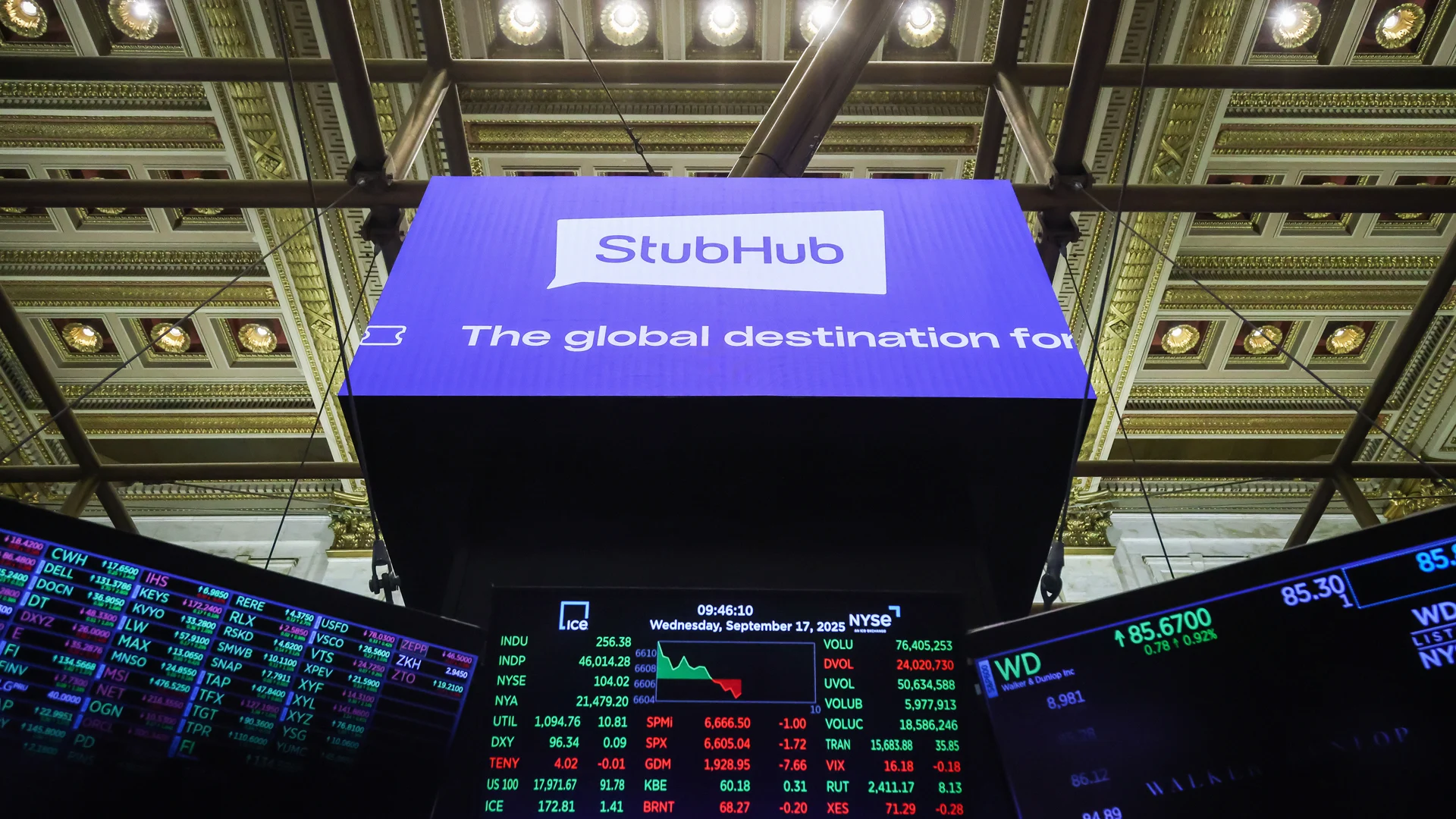
Investor enthusiasm for the ticketing resale platform isn’t as strong as the company might have hoped— and perhaps with good reason. Like many other online businesses, StubHub relies on online search traffic to drive customers to its ticket buying platform.
“The first wave of the Internet was transforming commerce,” the company writes in the history section of its SEC filing in a tone that’s almost nostalgic. “Eric could easily search the Internet and buy many things online—from books to beanie babies,” it continues, referring to the firm’s founder Eric Baker, who started the company in 2000 during the heyday of the dot com era.
But over the last two years, a plethora of online businesses, from publishers to ecommerce platforms, have feared that users’ shifting to AI-driven search means traditional search engines will no longer send the surmountable amount of traffic to websites that they once did. The beanie babies and books that Eric Baker would have searched to buy in the early 2000s are now beholden to the whims of what Claude and ChatGPT decide to surface.
This fear even has a name, Google Zero—and also seems to have made it into StubHub’s SEC filing.
“We rely heavily on internet search engines, such as Google, to generate traffic to our website, through a combination of organic and paid searches,” the company’s S-1 filing’s “Risk Factors” section reads. “Changes in internet search engine algorithms and dynamics,” it says, “could have an adverse impact on traffic for our sites and ultimately, our business, financial condition.”
While StubHub doesn’t mention the search-pocalypse directly, it’s clearly thinking about how the changing nature of search and the platforms that surface information will impact their business. “To the extent AI development and utilization from our industry competitors prove to be successful, or more successful, than our approach, the demand for our services could be adversely affected,” the company added.



